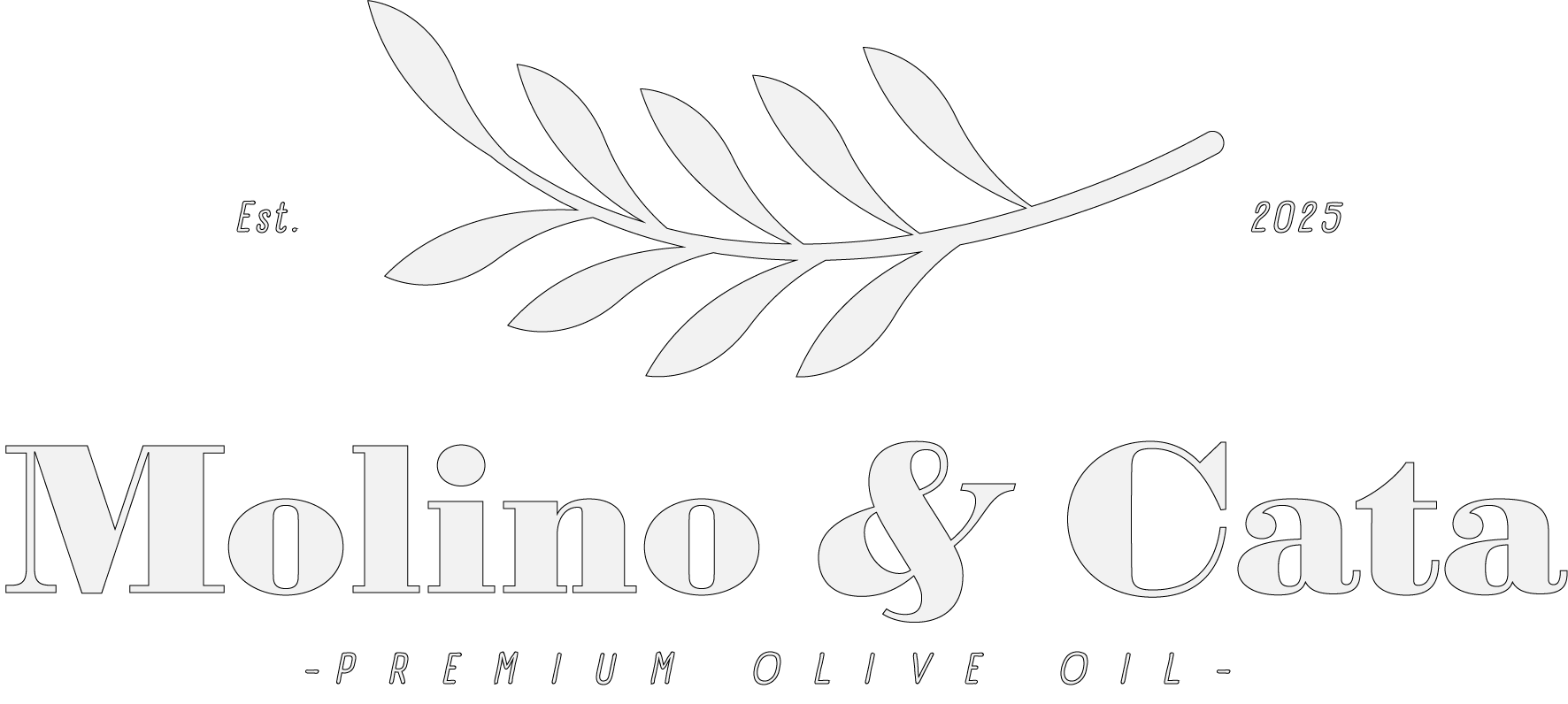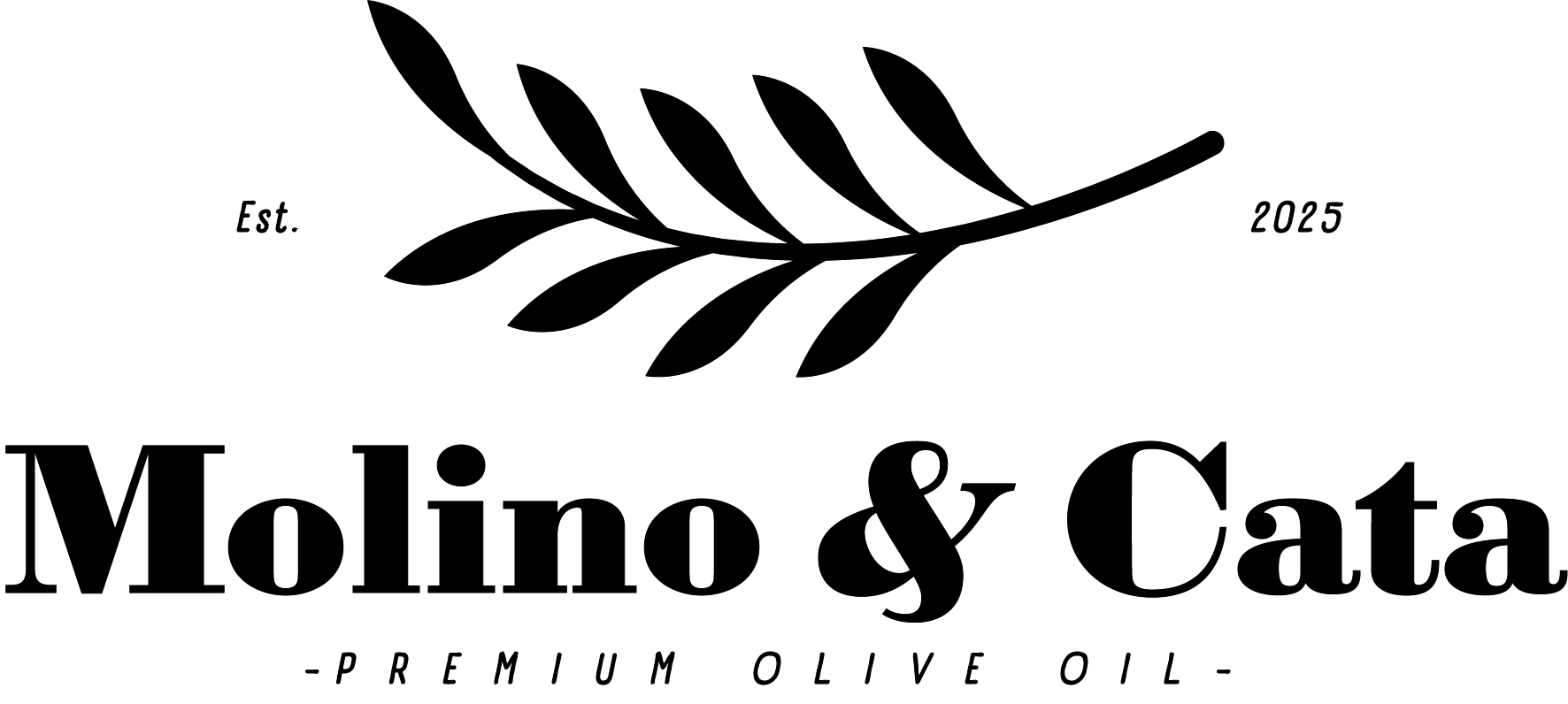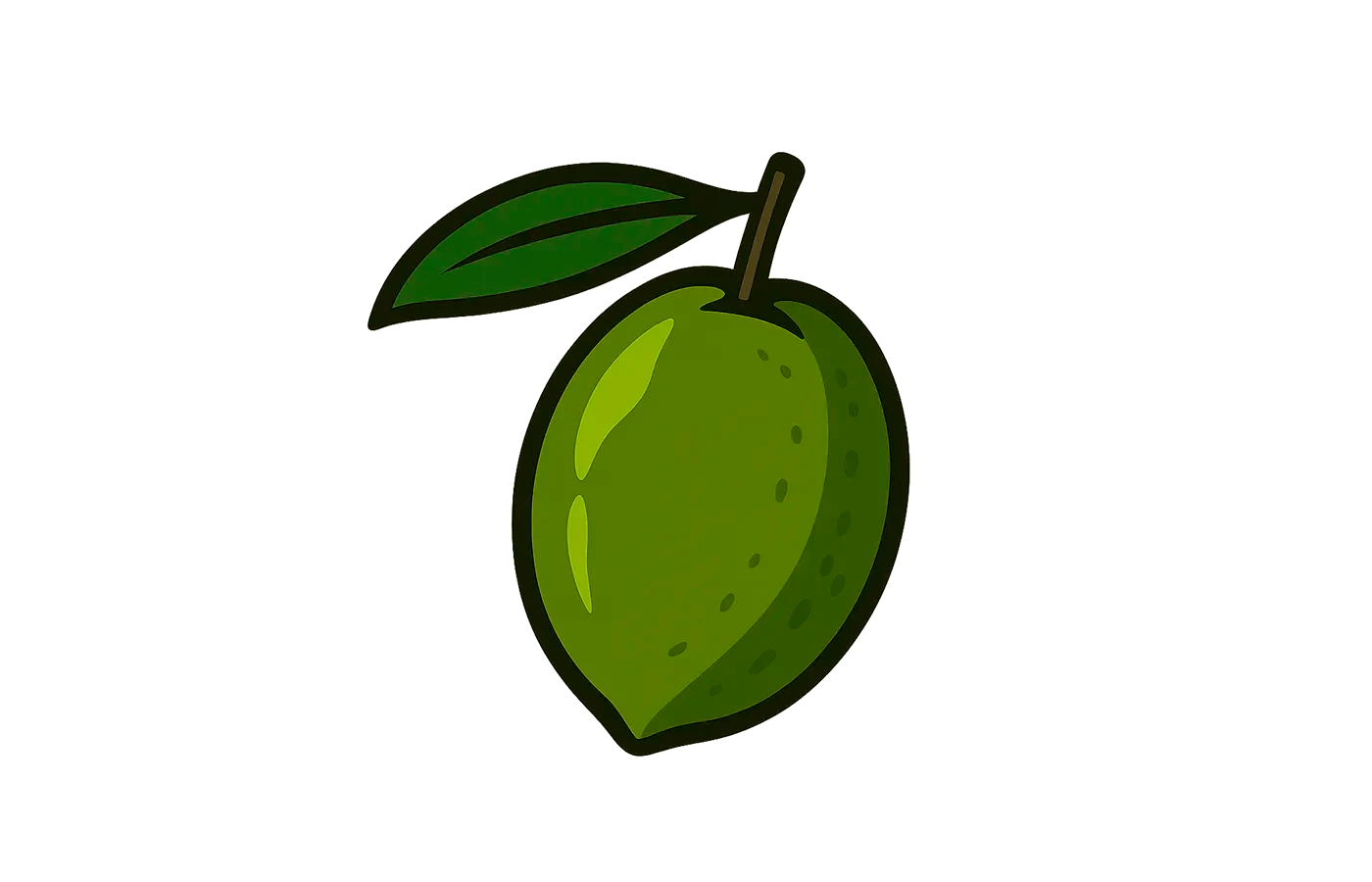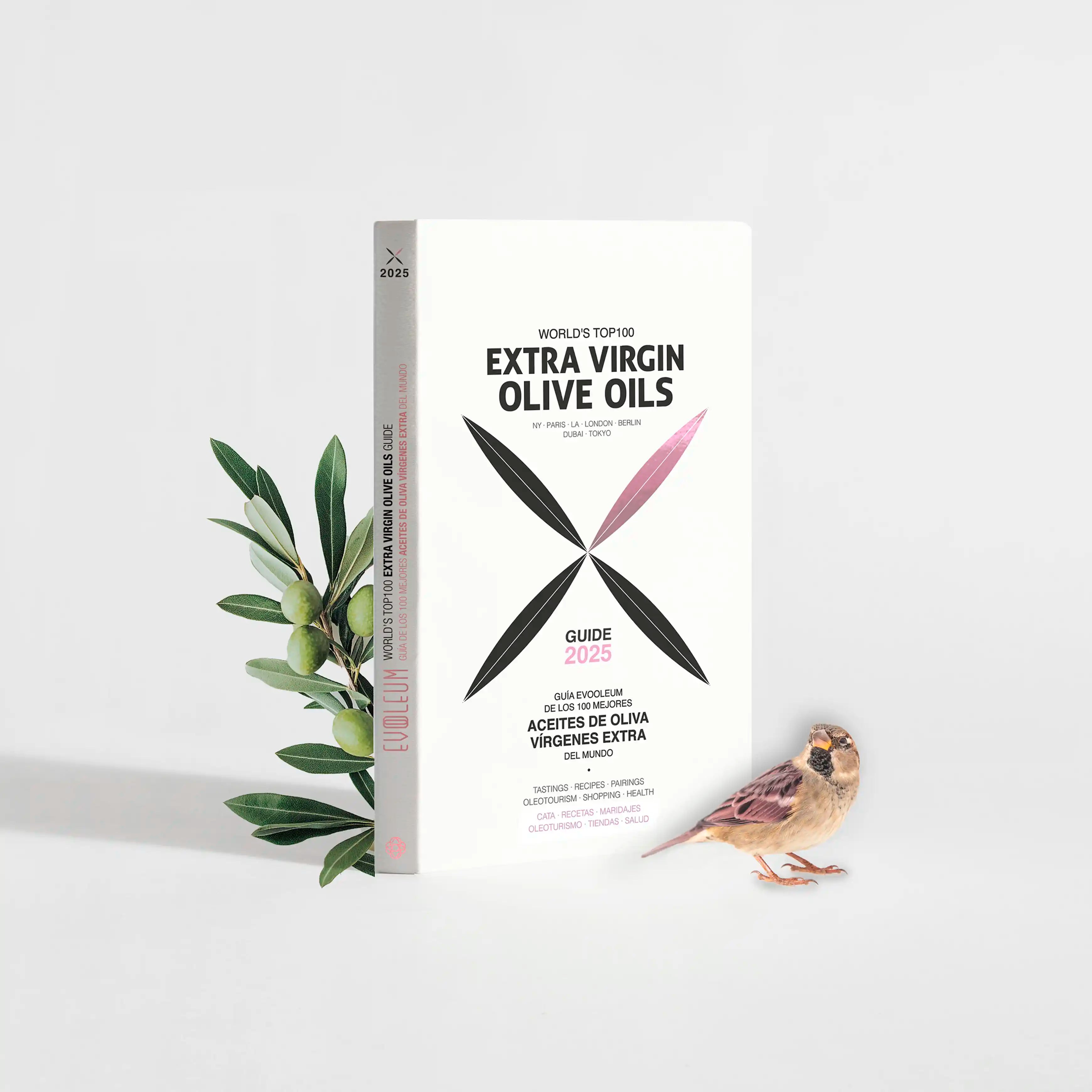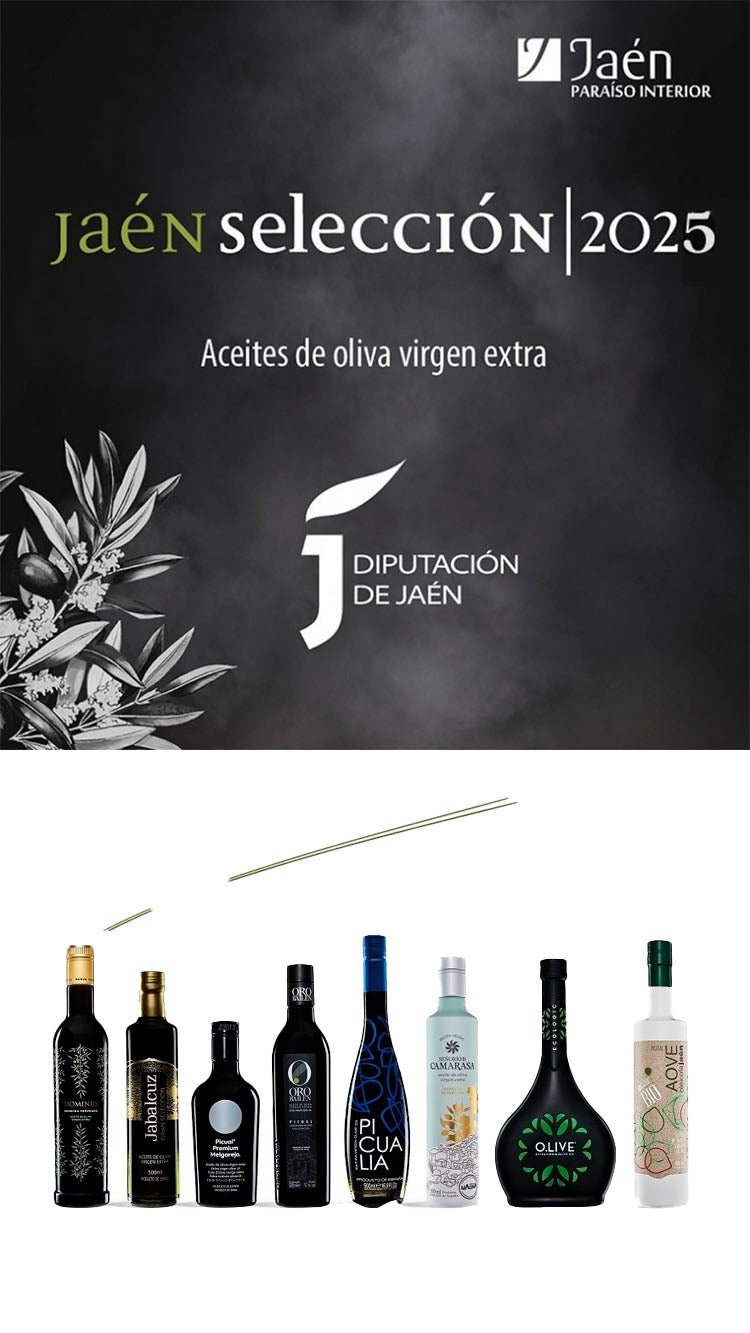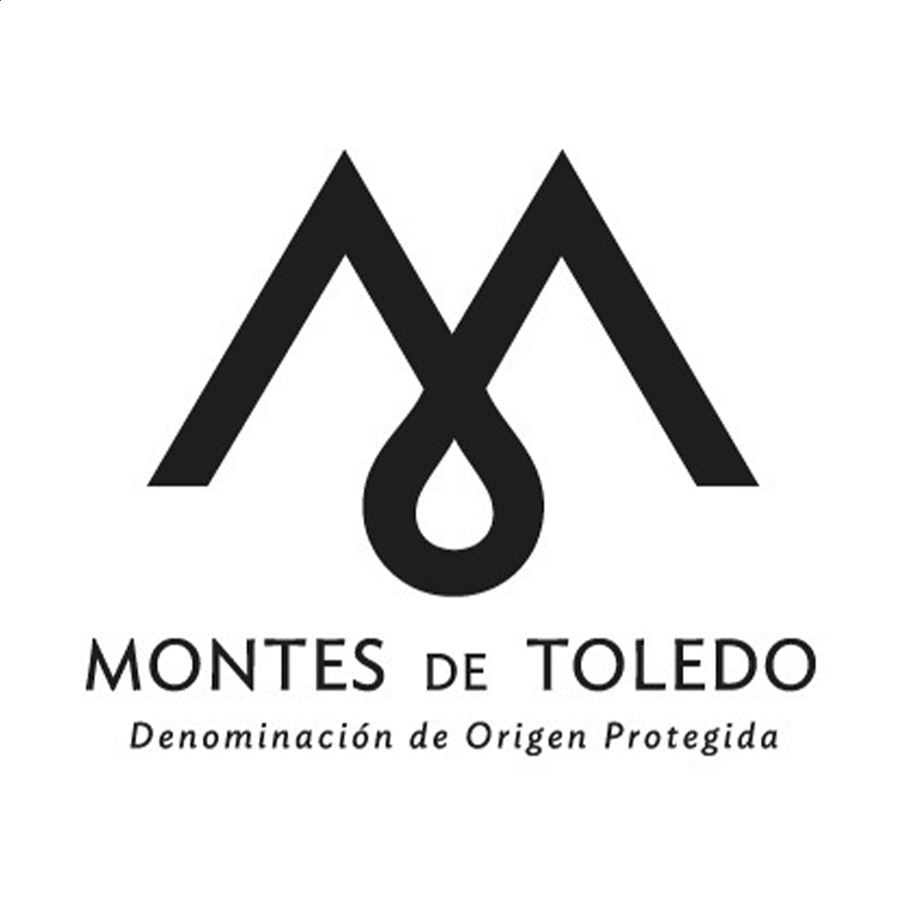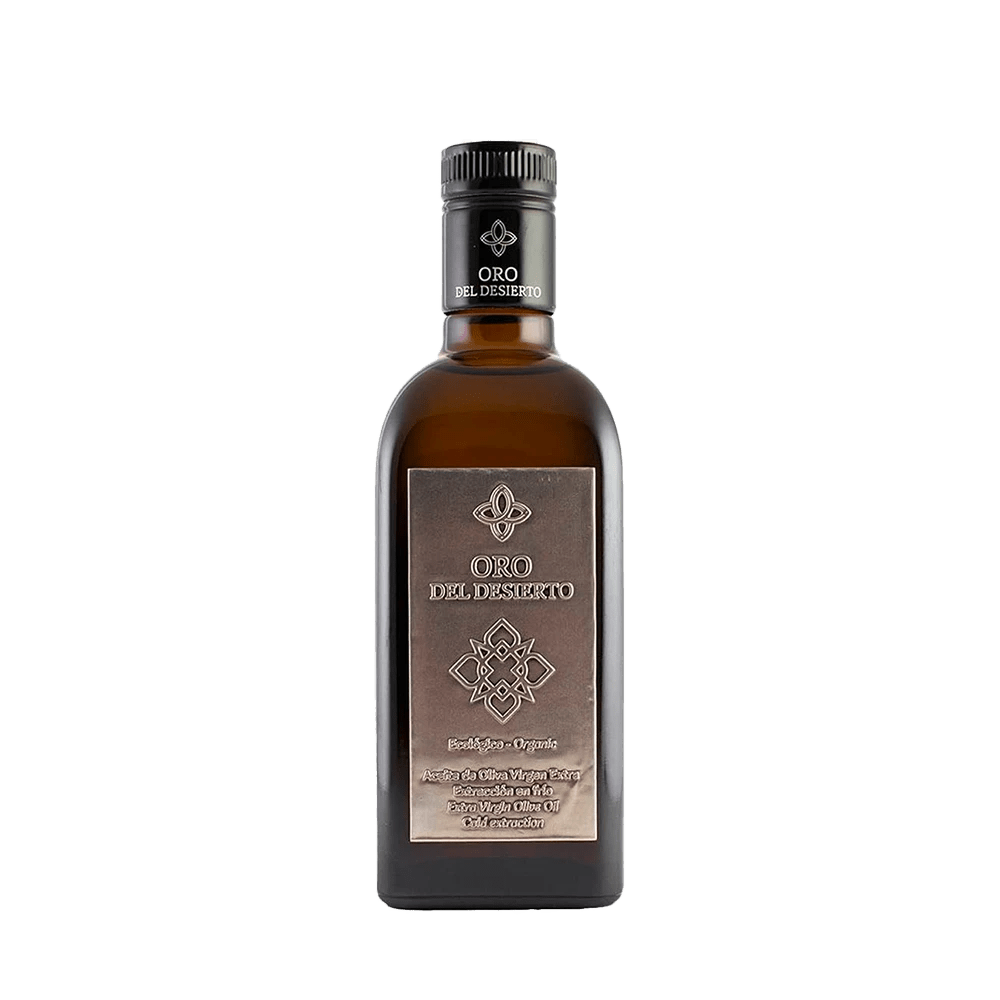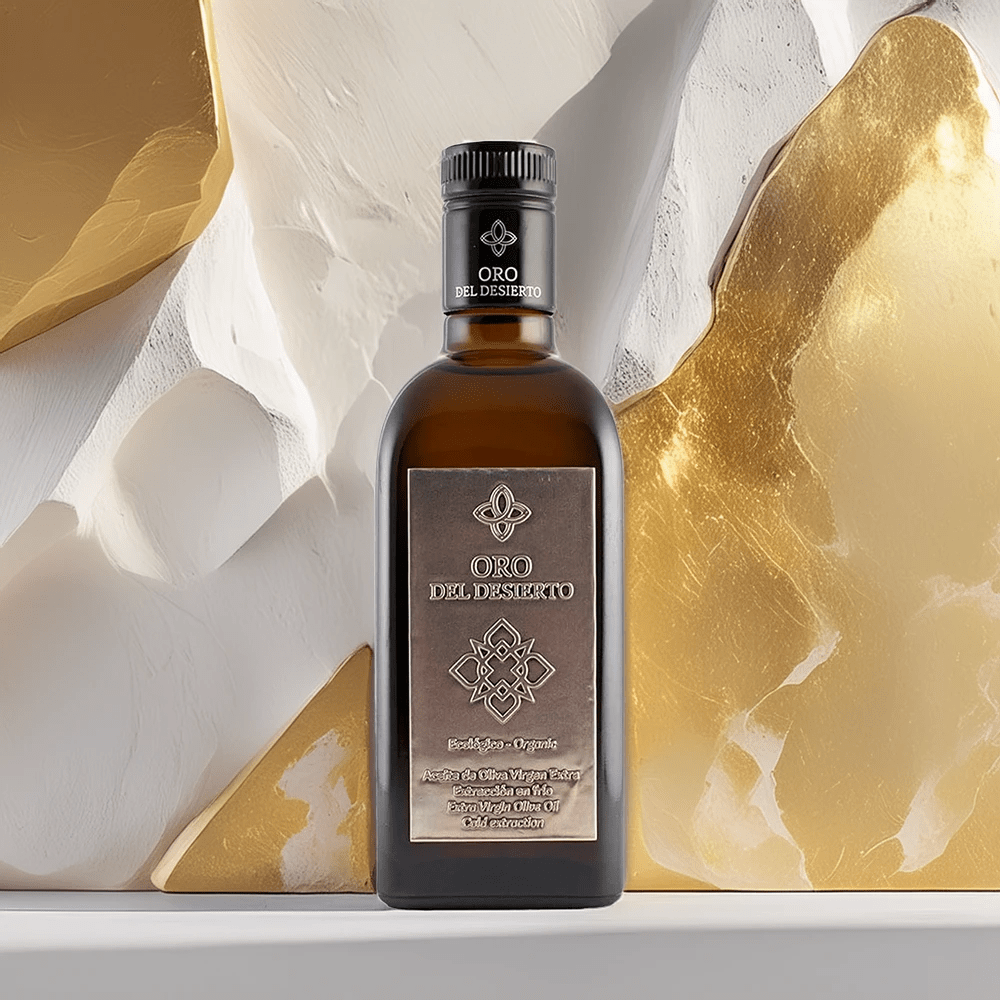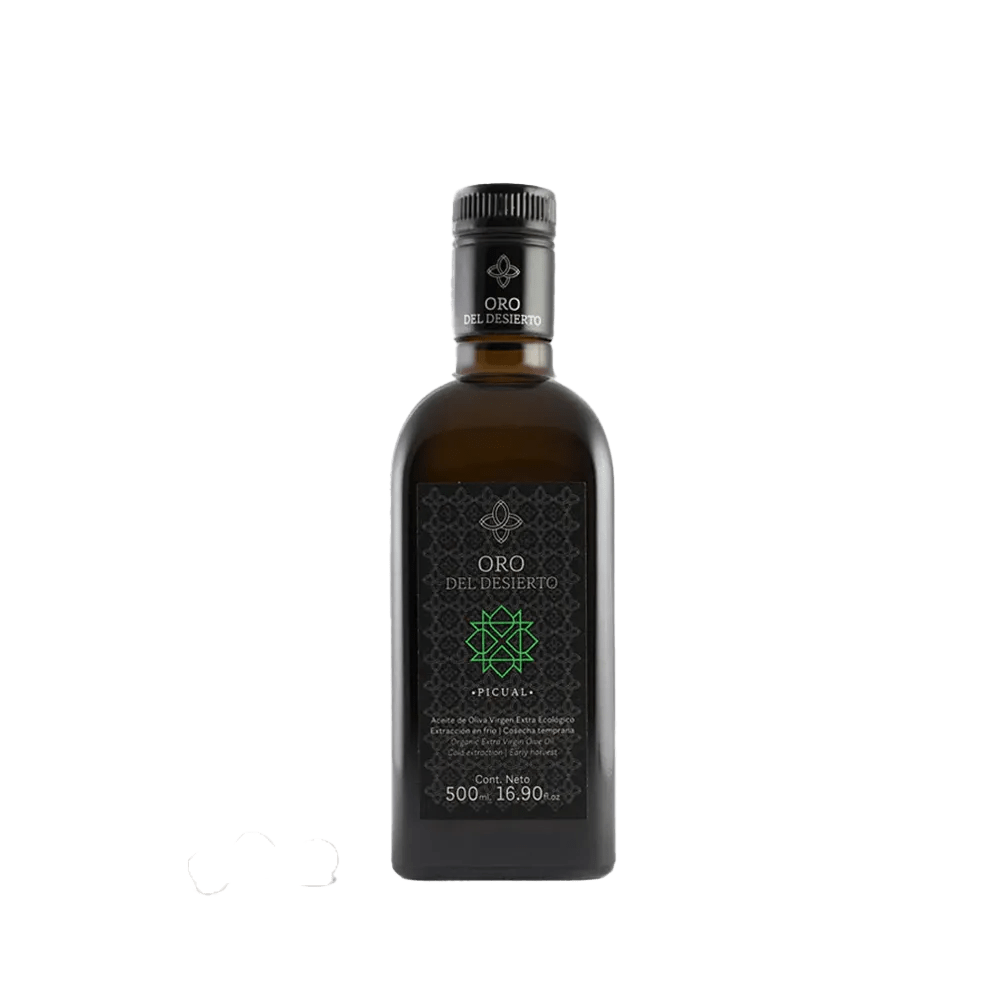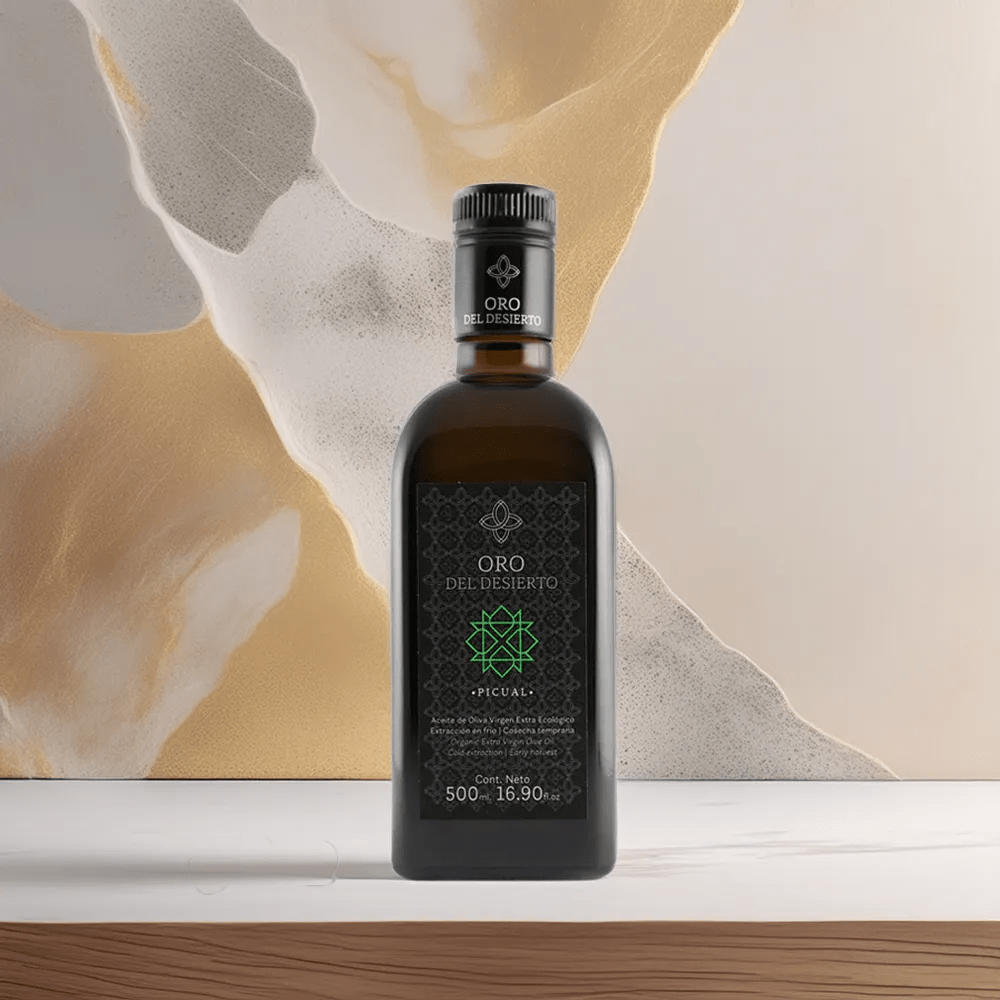Among the most prestigious oil mills in the province stands out "Gold of the Desert", located in Tabernas, is internationally recognized for its exceptional organic oil and for its use of advanced sustainable agricultural techniques. Also notable is "Castillo de Tabernas," famous for producing gourmet oils valued for their delicate sensory balance and aromatic elegance. Likewise, the Almazara de Canjáyar, located in the Alpujarra region of Almería, is distinguished by its combination of tradition and modernity, producing certified oils grown using sustainable methods.
However, the Almería olive oil sector faces significant challenges stemming primarily from climate change and prolonged periods of drought. Production fluctuations due to these environmental conditions pose constant challenges for local farmers and producers.
Faced with these challenges, initiatives such as the Indaloliva Olive Oil Association have emerged strongly to support the sector, providing technical advice, comprehensive support, and promoting sustainable agricultural practices. This collective effort seeks to strengthen the profitability of olive groves and especially empower small and medium-sized producers in Almería.
From an economic perspective, Almería has significantly increased its olive oil exports. This growth reflects the growing international appreciation of Almería's EVOO, recognized for its exceptional quality and increasingly present in specialized markets and haute cuisine restaurants.
In short, the province of Almería represents a prominent example of development and adaptation in the Spanish olive oil sector. Thanks to a strong commitment to quality, technological innovation, and sustainability, the region continues to overcome climatic and economic challenges, firmly establishing itself in the national and international markets for extra virgin olive oil.
